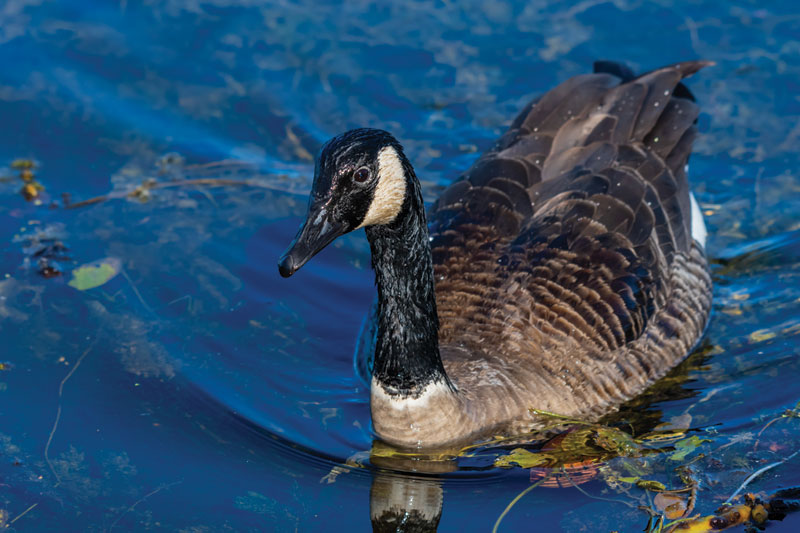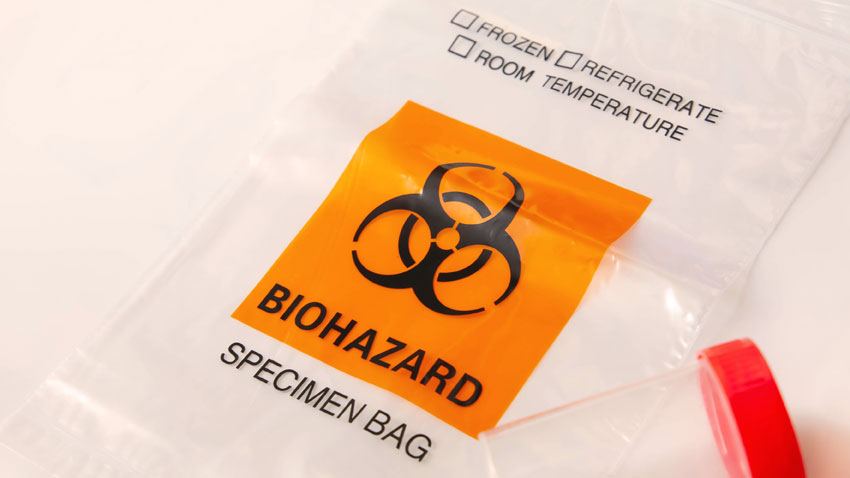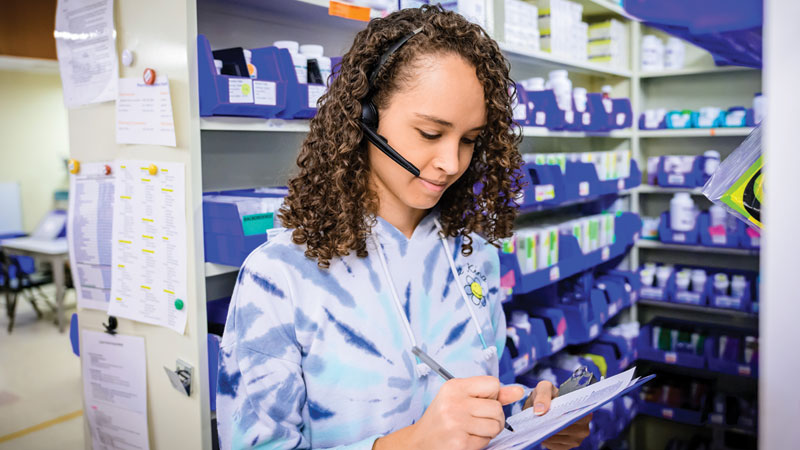Dr. Lowery is part of the hospital’s food animal reproduction medicine service (FARMS).
Tell us about your background.
I originally grew up on a family-owned dairy farm in Mazon, Ill., about one hour south of Chicago. I attended the University of Illinois for undergrad and veterinary school, earning my DVM in 2008.
Then I worked for 4 years in southwest Wisconsin as a mixed animal veterinarian. I spent most of my time treating dairy cattle illness on small dairy farms.
In 2012, I married my classmate Dr. Kari Foss and we moved to Columbus, Ohio, where I worked as a mixed animal veterinarian with a focus on dairy consulting. As part of my consulting work, I was responsible for advising farms with thousands of cattle.
In 2016, my wife and I accepted positions here at Illinois, where I became a faculty member of the FARMS section and an instructor in veterinary anatomy. We both love living in Champaign, and love our careers at the university.
How did you become interested in food animal practice?
I learned from growing up on a dairy farm that I did not like milking dairy cows, but I loved the medicine. I spent every chance I got with our veterinarian, watching him tend to dystocias and perform surgery. I was fascinated by how he could confirm cows were pregnant. My love for working with dairy cattle only continued to grow through veterinary school and numerous externships.
What are your special interests?
I enjoy working with most food animals, but have a special interest in dairy cattle and production medicine. I find it very rewarding to be involved in multiple aspects in herd management: from reproduction, nutrition, facilities, disease control, and production. I enjoy that my work makes a healthier herd, which helps the owner be more successful.
Tell us about a favorite case.
An owner called saying a Holstein dairy cow might need a C-section. When I got to the farm I discovered the biggest feet on a calf I had ever felt. After delivery by C-section, the calf weighed 200 pounds! After a long process of closing the uterus, I informed the owners that the cow would most likely never breed back. Four months later I was on the farm confirming the cow was pregnant again, and she had additional successful births.
This case shows the help veterinarians can give and that cows are truly amazing.




